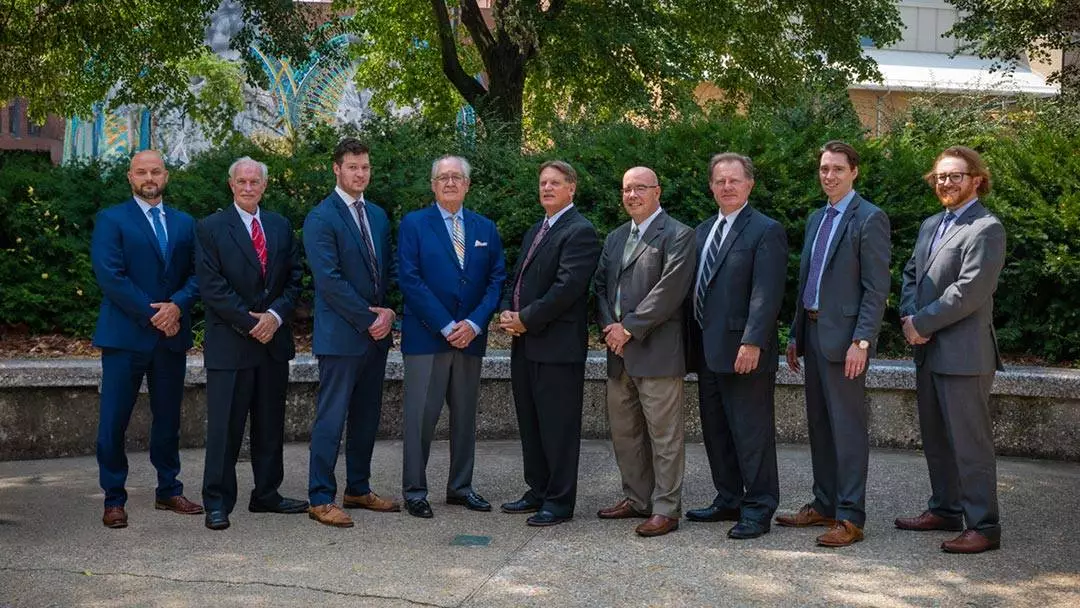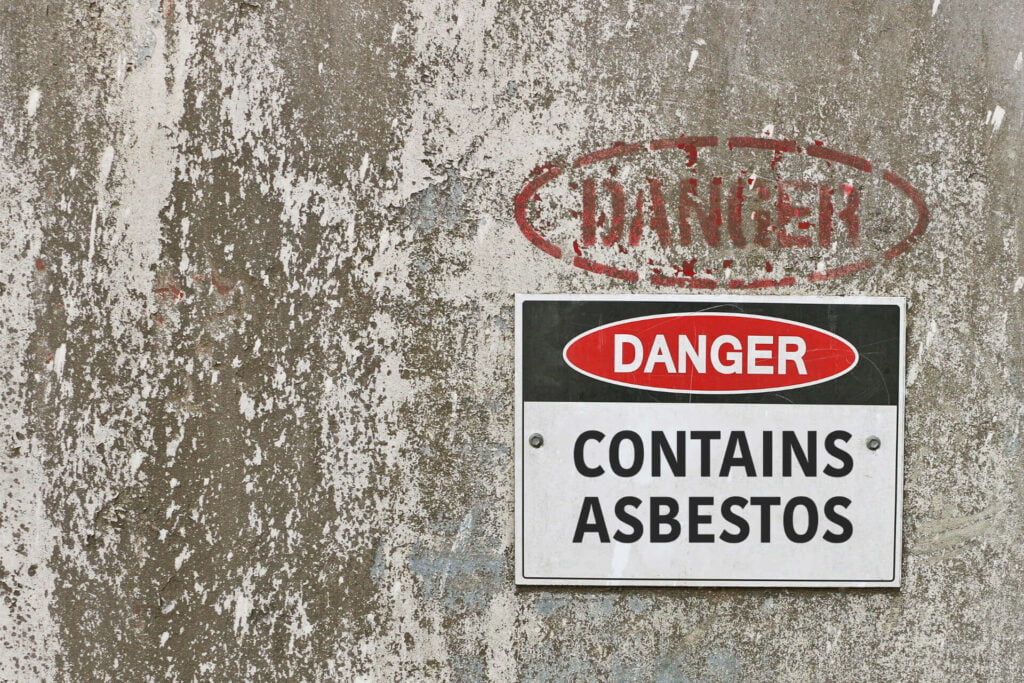In the realm of emergency services, the question of whether responders should be shielded from litigation is a topic of ongoing debate. This discussion gained renewed momentum following a recent ruling by the Illinois Supreme Court, which led to the discontinuation of the “public duty rule” in the state. This rule had previously granted general immunity to emergency responders such as paramedics, firefighters, and police officers from lawsuits accusing them of not providing an adequate level of response during emergencies.
The Public Duty Rule Explained
The public duty rule is a legal principle that asserts that public entities, including emergency responders, owe their duty to the public at large rather than to any specific individual. This rule allows first responders to prioritize their responses based on available resources without the fear of lawsuits unless it can be proven that they acted outside of their duty or with malicious intent, bad faith, or in a reckless manner.
The Illinois Supreme Court Ruling
The Illinois Supreme Court’s decision to abolish the public duty rule was based on several factors. The justices argued that the rule had been inconsistently applied, was incompatible with the legislature’s grant of limited immunity in cases of willful and wanton conduct, and had become obsolete due to the enactment of statutory immunities. This ruling has sparked a response from two Illinois legislators who have introduced a bill to reinstate and codify the public duty rule.
The Case of Coretta Coleman
The case that led to the abolishment of the Illinois public duty law involved a woman named Coretta Coleman. In 2008, Coleman called 911 reporting breathing problems. However, due to a series of unfortunate events, it took 41 minutes for emergency responders to reach her, and she later died at the hospital. The Coleman family sued, challenging the public duty rule, which they claimed allowed governments to be treated differently than its citizens in injury litigation.
The History and Evolution of Public Duty Law
The concept of public duty law has evolved over time. Since the late 1800s, sovereign immunity has protected state governments and their employees from being sued without their consent. However, by the mid-1990s, there was a growing trend toward government accountability, and the concept of sovereign immunity began to erode. State legislatures started to enact statutes to define the limits of immunity for state entities and employees. Currently, more than 30 states provide some protection for health care providers, and many limit or “cap” the amount of damages recoverable from judgments against the state.
The Public Duty Rule in Ohio
In 2010, the Supreme Court of Ohio ruled that the “public duty rule” does not immunize employees of a political subdivision from personal liability for injuries caused in the performance of their official duties in cases where the injured party alleges the employee engaged in wanton or reckless conduct. This ruling was a significant shift from the previous stance, reflecting the evolving nature of public duty law.
Public duty law is a complex and evolving area of law that directly impacts emergency responders and the communities they serve. It is crucial to understand these laws and their implications for both public servants and the general public. If you or a loved one has been injured in an accident and you believe there may be a case involving the public duty law, don’t hesitate to reach out to Slater & Zurz. Our team of experienced personal injury attorneys is ready to help you navigate the complexities of the legal system and fight for your rights. Call us today for a free consultation.






